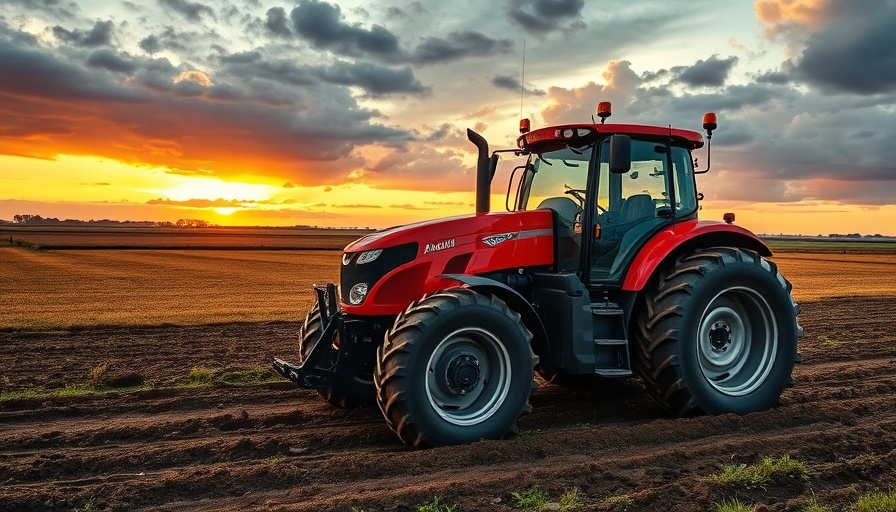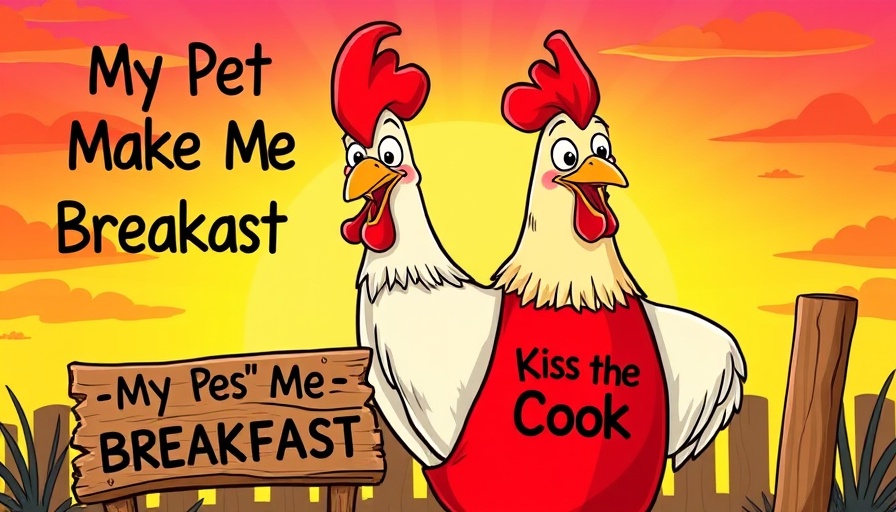
Understanding Dual Wheels on Farm Tractors
Farm tractors serve as the backbone of agriculture, and their design significantly impacts performance. Among the various features to consider, the choice of wheel configuration—specifically dual wheels—presents crucial advantages that can optimize your farming operations. But why do some tractors boast dual wheels while others do not?
The Primary Benefits of Dual Wheels
Dual wheels on tractors confer multiple advantages, particularly in the realm of agriculture:
- Reduced Soil Compaction: One significant benefit of dual wheels is that they spread the weight of the tractor more evenly. A larger footprint on the ground reduces soil compaction, which is crucial for maintaining soil health and improving crop yields.
- Enhanced Traction: Adding an extra set of wheels increases the surface area that comes in contact with the ground, which boosts traction. This is particularly valuable when pulling heavy implements.
- Fuel Efficiency: With improved traction, the likelihood of wheel slippage decreases, leading to less fuel wastage. Tractors equipped with dual wheels can often decrease overall fuel consumption significantly.
- Extended Tire Life: By reducing slippage and, consequently, the wear on tires, tractors with dual wheels tend to have a longer tire lifespan, enhancing overall efficiency and cost-effectiveness.
- Stability on Slopes: Dual wheels can offer greater stability, especially on uneven terrain or during sloped operations, making it less likely that the tractor will tip over.
- Smoother Ride: Although it may seem less critical, dual wheels often result in a smoother ride for the operator, reducing fatigue during long hours of work.
Is Dual Wheel Configuration Right for Your Tractor?
The decision to equip a tractor with dual wheels should be based on specific needs and conditions. While the benefits of dual wheels are compelling, they may not be suited for every farming operation. For example, hobby farmers with smaller acreage or those requiring maneuverability in confined spaces might find single wheels to be more practical.
Furthermore, for certain tasks, such as transporting equipment or working in tight barnyards, single wheels may offer better handling. Always evaluate the type of work to be performed when considering the dual wheel configuration.
Future Trends with Dual Wheel Technology
As farms scale, the technology around tractor wheels continues to evolve. Innovations such as Very High Flexion (VF) tyres are changing the landscape. VF tyres provide the ability to carry heavier loads at lower pressures, which further helps in reducing soil compaction. Dual wheels combined with VF technology may soon become standard for large-scale farming operations.
Conclusion: Assessing Your Needs
In conclusion, the choice of dual wheels versus single wheels in farm tractors is not merely a stylistic decision; it is an essential aspect that can enhance productivity and sustainability in farming. Recognizing the specific requirements of your operations will guide you in making the best decision. Ultimately, whether you choose single or dual wheels, investing in the right configuration will have significant long-term benefits for your farming efficiency and soil health.
Take Action: Evaluate the needs and demands of your farming operations, and consider consulting an expert to determine the best wheel setup for optimizing your farm tractor's performance.
 Add Row
Add Row  Add
Add 




Write A Comment